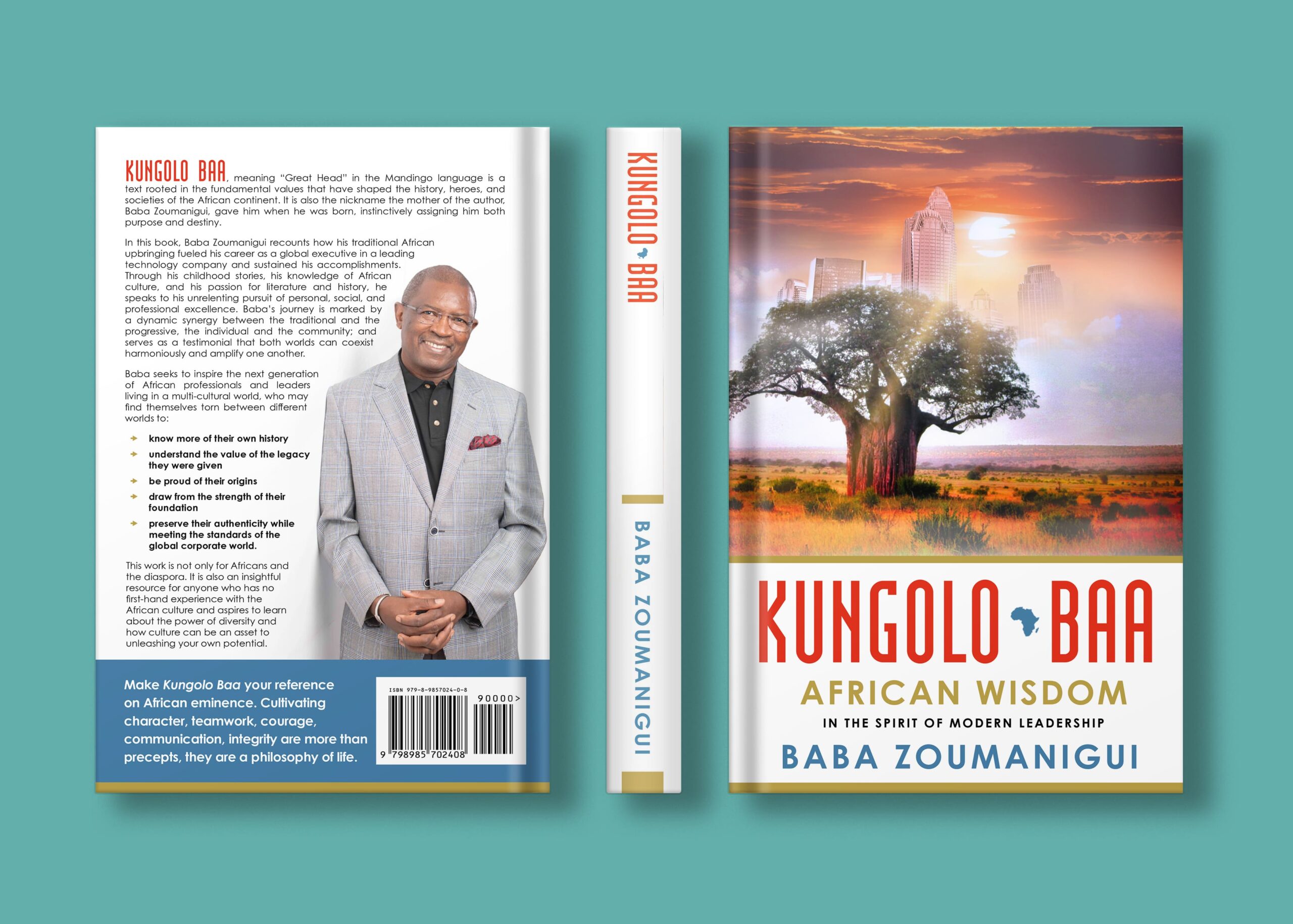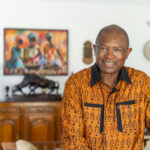After a long and brilliant international career spanning 35 years with IBM, in Africa, Europe and America, with occasional major assignments in Asia, Baba ZOUMANIGUI realizes better than anyone just how lucky he has been to have met so many people, taken on so many assignments, with responsibilities as varied as their challenges.
This opportunity obliges him, in his duty to pass on the fruits of his experience to younger generations, to take an innovative approach to pedagogy with a didactic aim. But his fundamental concern is to make it clear that an individual is always the fruit of a social milieu: his parents, his culture and his education, which forge his weapons for life: "If you don't know where you're going, don't forget where you've come from".
The profound filial piety that underpins his work - rich in African proverbs and thoughts - is based on his educational, cultural and historical reminiscences, which have provided him with the keys to success, both professional and social and human, in the environments he has rubbed shoulders with over the years, throughout the world.
Kungolo Baa, which is also the cultural and fertile synthesis of this singular path, enabled him to realize that the authentic values of his Africanity, in contact with others, not only rooted him in his own identity, but also led him to open up to others in order to "give and receive at the rendezvous or crossroads of universal culture" so dear to the pioneers of Négritude, whose message must spread in a world of constant change and mutation.
The gist of this book, for the generations to come, can be summed up in these points: show courage and character in all circumstances; learn and always work to better deserve; listen and know how to communicate with those around you; prefer teamwork and team spirit, which are always more efficient than solitary effort; choose the paths of excellence and integrity in the service of mankind; put down roots in one's own culture without shutting oneself in, and know how to share it by drawing on the contributions of other cultures.



